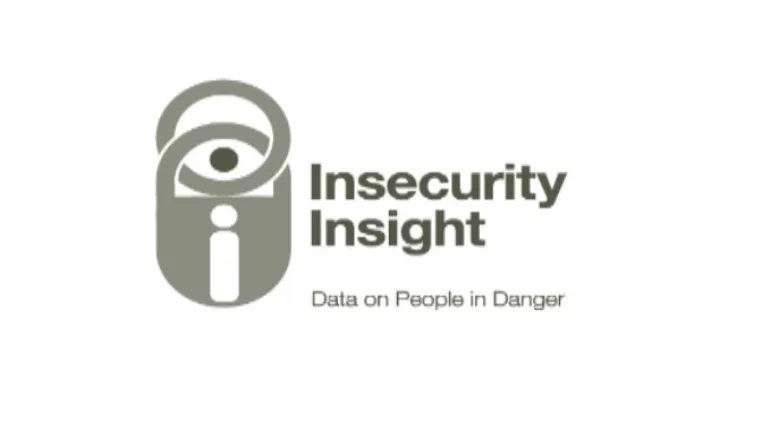Attacks on Health Care in Myanmar: 25 December 2024 – 07 January 2025
17 January 2025

This brief provides an analysis of sentiments expressed in 2,106 public comments in response to 13 Facebook posts published by news sources on social media in Myanmar between June and October 2024. It offers a unique insight into public reactions, the emotional responses to events of those posting the comments, and perspectives on key humanitarian issues.
The 13 Facebook posts covered events involving:
- humanitarian blockades and resource restrictions
- the targeting of international and local NGOs [AP1] and health care workers; and
- looting by armed actors.
The comments included opinions relevant to an acceptance-based security risk management strategy in the form of opinions related to aid workers or aid groups (6 comments) and blockades (237 comments). Overall, the social media space in Myanmar was highly polarised in the period that was studied, with most comments containing strong opinions rather than references to neutral facts.
Criticism of military actions against aid workers or aid groups was common:
The analysis highlights that most criticisms of military actions against NGOs and aid workers were rooted in strong personal anger. Explicit references to international humanitarian law or related legal frameworks were rare, but were present in some posts.
- Criticism of aid workers or aid groups was not commonly voiced in response to these 13 posts, but social media users were not convinced that aid agencies remained neutral, and several posts alleged that they were involved in smuggling of some kind.
- Military blockades elicited mainly negative comments and included nuances such as criticism of their humanitarian impact on health care and aid, frustration over the economic consequences of blockades like disrupted trade and shortages of supplies, and general condemnation of the military’s tactics.
Comments also included insights on other key concerns:
- Protection and accountability concerns: Several comments highlighted the need to safeguard humanitarian operations and uphold human rights, reflecting public expectations of accountability in conflict-affected areas.
- Criticism of the media: Some comments criticised perceived media bias or misinformation, which may affect public trust and influence the narrative around aid efforts.
- Hate speech and ethnic hostility: Evidence of hate speech and ethnic hostility in comments underscores the need for aid agencies to incorporate protection obligations.
Sentiment towards China: A strong negative attitude towards China was evident, often linked to its perceived role in the conflict. Understanding these sentiments is critical for security risk management processes and navigating local dynamics to ensure effective aid delivery.
Announcements
21 May 2025
Open letter: Malaysia must lead ASEAN with principle, not hypocrisy, to address the Myanmar crisis

Progressive Voice is a participatory rights-based policy research and advocacy organization rooted in civil society, that maintains strong networks and relationships with grassroots organizations and community-based organizations throughout Myanmar. It acts as a bridge to the international community and international policymakers by amplifying voices from the ground, and advocating for a rights-based policy narrative.